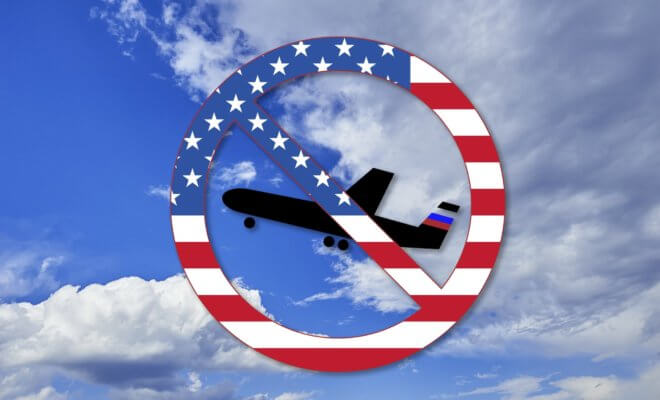Business
U.S. Companies Say Increasing H-1B Denials Hurting Businesses

Photo Credit: Bigstock
Strict policy in issuing the working visas for United States, are impacting various businesses such as hospitals, hotels, tech companies. Economists are cautioning against the adverse impact of workforce dearth on U.S. economy in long run.
U.S. companies have raised concern about the increase in denial of working visas to immigrant workers saying that this is hurting their businesses.
The influential New York Times daily has said in its report that the government is denying more work visas, asking for the additional information from applicants, and delaying approvals more often than just a year earlier. It added that Trump administration is throwing up new hurdles to limit legal arrivals, which is resulting in the constriction of the flow of foreign workers into the United States.
With the delays in hiring skilled foreign workers due to government roadblocks, hospitals, hotels, technology companies, and other businesses are finding it difficult to hire people they need and are being forced to hire people locally, who, at times, are misfit for the role, the report added.
The report also cited a recent analysis of government data by the National Foundation for American Policy, which said that the denial rate for H-1B visa petitions for skilled foreign workers had increased 41 percent in the last three months of the 2017 fiscal year, compared with the third quarter.
American firms are concerned that due to this stringent immigration policy, talented technology workers may choose to go to the other countries, like Canada.
The experts have said that reduced immigration is going to hurt both the companies and the economy in the long run.
According to experts, a sustained reduction in immigration can reduce the growth over time in long run as it may leave huge gaps in the job market, which demands both high skilled as well as low skilled workers.
Francine D. Blau, an economist at Cornell, was quoted by the publication as saying, “A lot of our labor-force growth comes from immigrants and their children. Without them, we’d suffer the problems associated with countries with an aging population, like Japan.”
In April 2017, President Trump signed a “Buy American and Hire American” executive order. He ordered the government officials to “rigorously enforce” immigration laws.
CEOs of The Business Roundtable, a group of corporate leaders including Apple CEO Tim Cook, Pepsico Chief Indira Nooyi, recently claimed that the these changes have put the livelihoods of thousands of skilled foreign workers, and economic growth and US competitiveness in danger.
The New York Times cites Ethan Lewis, a Dartmouth economist, as saying, “There’s absolutely no research that supports the idea that cutting legal immigration is good for the economy.”
Trump’s policy not only made it hard for new immigrant arrivals but also tightened the visa renewal process. He ordered the officials to “apply the same level of scrutiny” for H1B visa extension requests as the other sought-after visas.
Acknowledging long waiting period the foreign trained but U.S. based doctors are facing in getting Green Card, American Medical Association’s CEO had written a letter to U.S. Citizenship and Immigration Services (USCIS) director to clear the backlog for conversion of physicians’ H-1B visas to permanent resident status in the country.

You must be logged in to post a comment Login